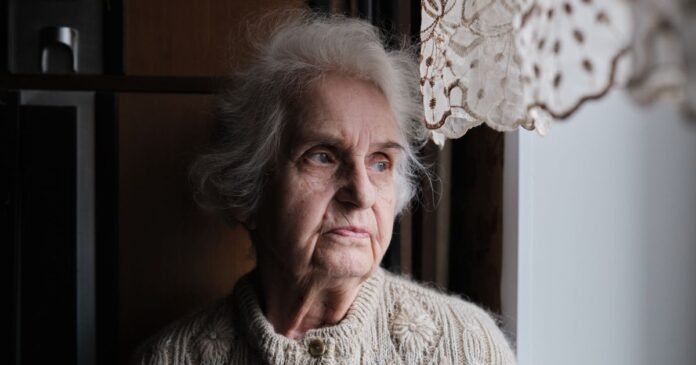As the year progresses towards September, a lesser-known symptom of dementia may manifest more prominently. Family members might notice heightened levels of “distress” or “confusion” in their loved ones during this time.
The change in seasons, with temperatures dropping and evenings arriving earlier, can trigger more severe symptoms in individuals living with dementia. This phenomenon, known as sundowning, can occur at any stage of dementia but is particularly prevalent in the intermediate and advanced phases. It often manifests as behavioral changes in the late afternoon or evening.
Sundowning symptoms, including intense distress, agitation, hallucinations, and delusions, can disrupt sleep patterns. Experts from Bupa UK caution that sundowning may worsen during autumn and winter due to reduced natural light, leading to increased anxiety and confusion.
Research highlighted in Psychology Today suggests that seasonal changes, particularly shorter daylight hours in fall and winter, can exacerbate sundowning symptoms. Dementia UK warns that sundowning can leave individuals feeling more bewildered, worried, and restless than usual.
The organization explains that sundowning can lead to a strong sense of disorientation, with individuals believing they are in the wrong place or needing to perform tasks from their past, even if they are no longer relevant. This confusion can result in repetitive questioning and behaviors like restlessness, irritability, and attempts to leave the home.
In addition to sundowning, other dementia symptoms identified by the NHS include various cognitive and behavioral changes. If someone displays these symptoms, consulting a GP is recommended to seek appropriate care and support.

